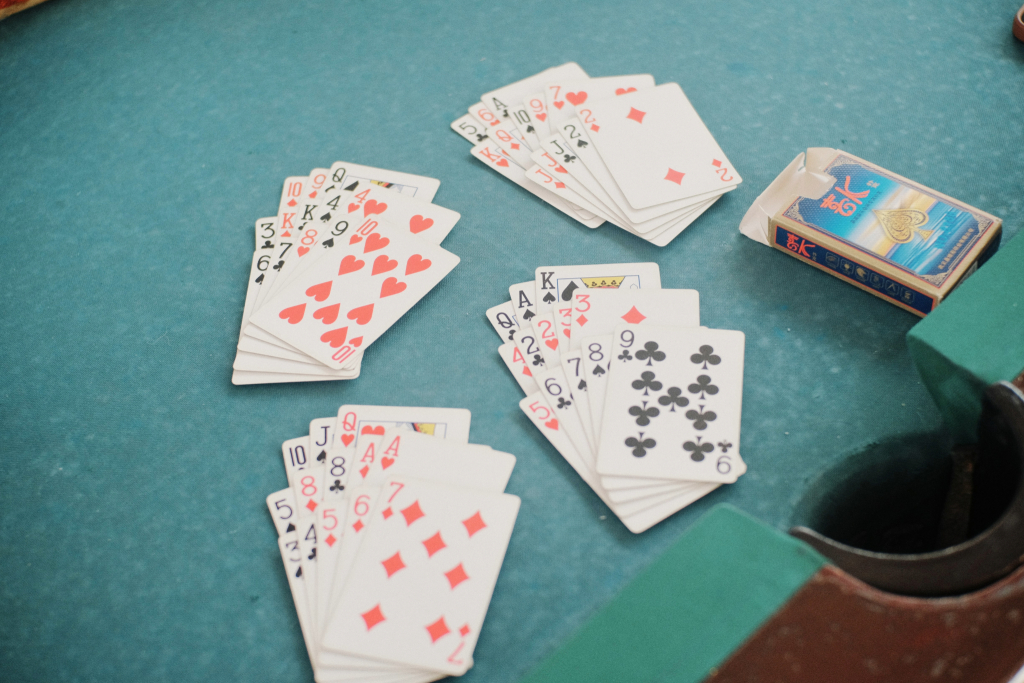Star Performers to Watch at Beijing’s Winter Olympic Games
The days of eccentric participants such as Eddie The Eagle and the heroic 1988 Jamaican Bobsleigh team have long passed. The Winter Olympics are more professional and more competitive than ever. Beijing 2022 will produce indelible moments of sporting brilliance as embarrassing failures are unlikely to unfold.
Thankfully there will still be huge rivalries. There could be controversy, and the absence of deluded, brave, and insane athletes, does not mean there will not be some sizeable shocks.

Petra Vlhova (left) congratulates her rival Mikaela Shiffrin who broke Ingemar Stenmark’s record of 47 victories in a single disciple at Schladming, Austria, last week. ©GettyImages
There has been a noticeable bookmaker uptake in winter sports betting in recent times. The interest is in readiness for Beijing 2022 where 109 medal events, embracing seven sports and covering 15 disciplines, will be broadcast live to a massive global audience.
Resultantly, betting on the Winter Olympics will be big business. But, with so many sports representing new territory for bookmaker odds compilers, there is a chance of some old-fashioned pricing errors.
Alpine Skiing Is No Slippery Slope
The least likely place to find incorrectly priced athletes is Alpine Skiing. There is plenty of readily available recent form, allowing even those with just a passing interest to make a relatively accurate assessment of the destination of the 11 Alpine Skiing golds that will be awarded at the Games.
Likewise, the one betting company that is unlikely to make a standout pricing error in any sport is Bwin. Being an Austrian-based company, Bwin has a large continental customer base meaning winter sports are of vital importance to many of their customers.
A glance through the company’s betting lists will give you an accurate idea of what is expected from teams and individuals in each competition. Meanwhile, we have come up with three events that should make for compelling viewing.
Alpine Skiing Women’s Slalom: February 9
Mikaela Shiffrin and Petra Vlhova are both 26 but they have ruled the Alpine Skiing Slalom discipline for nine years. Shiffrin first won the World Cup season standings for Slalom in 2013. With the exception of an injury-riddled 2016, she dominated World Cup Slalom until 2019.
But Slovakia’s Petra Vlhova arrived to spoil the party and winning became more difficult for her American rival. In mitigation, Shiffrin began winning Giant Slalom’s with increased regularity and unlike Vlhova she has also won World Cup Downhill and Super-G races.
Such is Shiffrin and Vlhova’s domination, Michelle Gisin and Katharina Liensberger – with three victories between them – are the only other skiers who have won a slalom since January 2017. Wendy Holdener has claimed an amazing 29 slalom podiums without winning a race!
In winning five of the first six World Cup slalom races of the current season, Vlhova has already wrapped up the World Cup Slalom title. It is her second championship in three years. But Shiffrin recently returned from a bout of Covid-19 to win the final Slalom contest before the Olympics in Schladming, Austria.
Surely this victory landed a psychological blow. It also gave Shiffrin an outright world record for World Cup victories in a single discipline. Things are nicely poised for the two slalom runs that will determine the Olympic Slalom gold. It could be the biggest showdown of the Games.
Ski Jumping Men’s Individual Large Hill: February 12
If there is a sport that television does not do justice, it is ski jumping. It features breathtaking speeds, incredible heights and insane distances flown through the air using only skis, body shape, arms and hands for flight and navigation.
In the 2018/2019 season one athlete, Japan’s Ryoyu Kobayashi, won all six possible titles in the World Cup season. Amongst those, he took the prestigious Four Hills Tournament – staged at four different venues over the Christmas period – with ease.
That year he became only the third ski jumper in history to win all four of the individual competitions that make up the Four Hills Tournament. Three years later, after some massively disappointing results, the diminutive 25-year-old is back to his brilliant best.
Winning three of the four Four Hills events this season, he currently leads the World Cup standings courtesy of six victories. That form makes him the obvious choice in the spectacular Long Hill event.
Figure Skating Women’s Free Skate: February 17
Taking gold in all four events, Russian athletes swept up at last weekend’s 2022 European Figure Skating Championships. Their representatives also took home nine of the available 12 medals with only Italy and Latvia collecting some small crumbs.
Nevertheless, America’s Nathan Chen should have a strong say in the Men’s Free Skating having recently taken his sixth consecutive US Figure Skating Championship title.

15-year-old Kamila Valieva took gold at last week’s European Figure Skating Championships. ©GettyImages
But Russia’s Kamila Valieva may come away from Beijing’s Winter Olympics as the athlete that stole the bulk of hearts and minds of the world’s viewing audience. Just 15 years of age and in her first season on the senior circuit, the youngster is already a genuine sweetheart of dedicated ice-skating fans.
In recent months, Kamila Valieva has produced a string of breathtaking record-breaking displays – often performing to the iconic Bolero. The possibility of her becoming the third consecutive Russian to win the Olympic Women’s gold amongst considerably older and more experienced rivals is very real.




